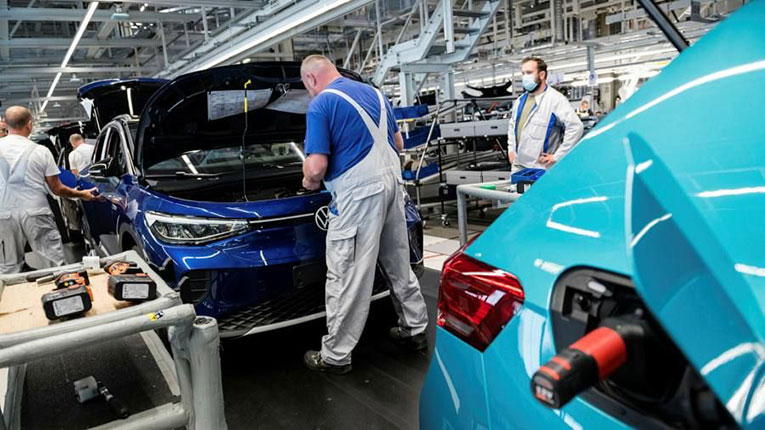Global sales of battery electric vehicles (BEVs) rose by about 14% last year, to 10.4 million, according to a study cited by DPA.
Of the 21 markets analyzed by PwC, China dominated, with almost two-thirds of the volume – 6.7 million BEVs – and an increase of more than 20%, according to Agerpres.
The US follows, with a 7.4% advance (1.2 million) and the UK, with an expansion of 21% (382,000 units). In fourth place is Germany (the largest European car market), which recorded a decline of 27% (381,000 units), after the withdrawal, in 2024, of subsidies for the purchase of electric vehicles.
BEV sales have also been reported in other European markets, such as France, Austria, Italy, Switzerland and Sweden, but the decline has not been as sharp as in Germany.
Jorn Neuhausen, an expert at PwC, warns that the BEV market is heavily dependent on external factors. Strong sales in China since the end of last year could be attributed to “the authorities’ decision to phase out the premium for electric vehicles in 2025,” Neuhausen explained.
Weakness in Germany has slowed growth in battery electric vehicle sales across the EU market as a whole, PwC warned.
The company expects BEV deliveries to increase early this year, amid tighter EU emissions regulations.
Thomas Peckruhn, vice president of the German Vehicle Association, warned that registrations are being delayed.
“We will see a significant increase in new electric and hybrid car registrations in January. However, we are not talking about a recovery, but a flash in the pan,” the official warned.
In 2024, growth in the plug-in hybrid vehicle segment was significantly stronger than in the fully electric vehicle segment. In the markets examined by PwC, sales of plug-in hybrid vehicles rose by 56% last year to 6.2 million.
